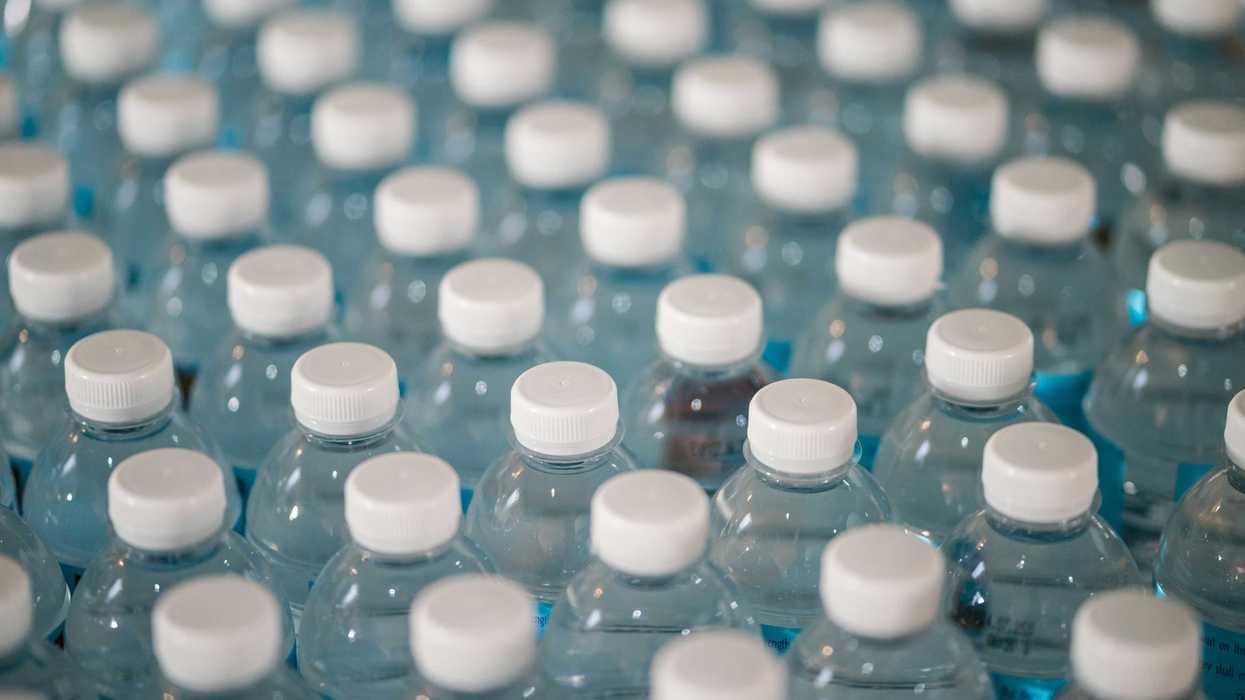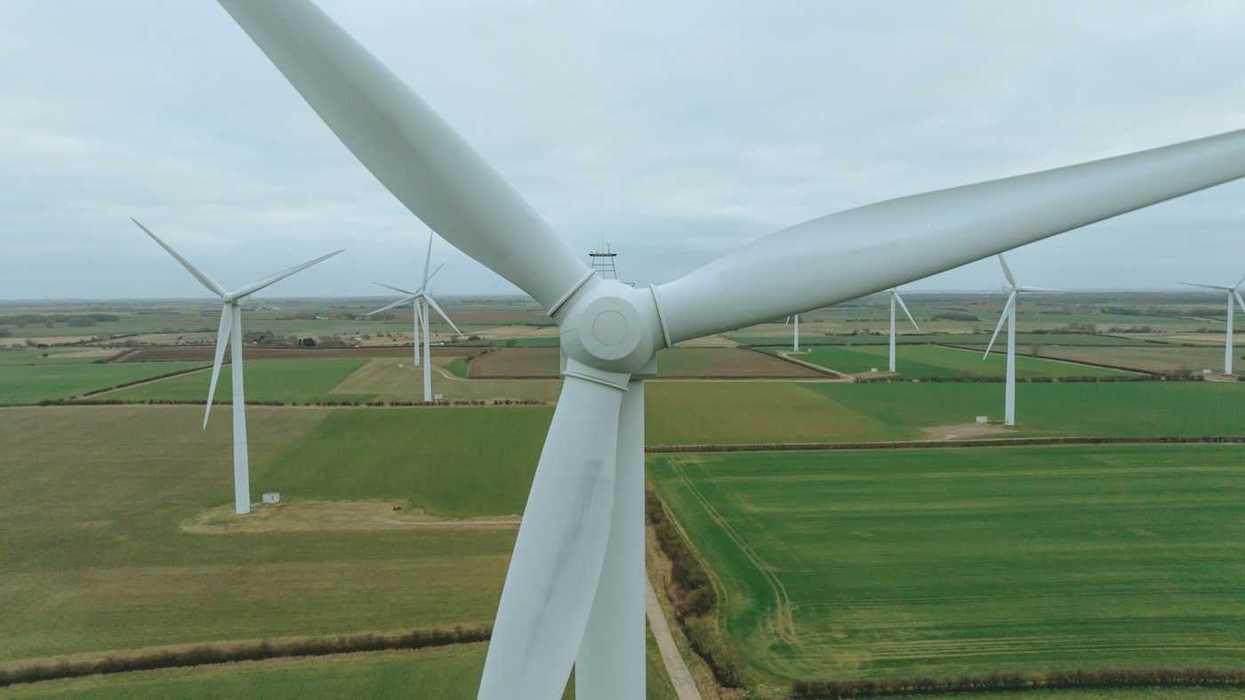In southeast Michigan, Jason Grostic's family farming dream was shattered by PFAS contamination in biosolids used on his farm, raising concerns about regulatory gaps and the need for more stringent testing.
Teresa Homsi reports for Harvest Public Media.
In short:
- Jason Grostic's farm was shut down due to PFAS contamination from biosolids, highlighting a widespread issue with these chemicals in agriculture.
- Michigan, despite extensive PFAS investigations, is among the few states testing biosolids, while others wait for federal guidance.
- Grostic is suing for damages, as he faces bankruptcy, underscoring the personal and economic toll of environmental contamination.
Key quote:
“We're still putting PFAS into lots of products that are making their way into our wastewater and being concentrated in biosolids."
— Shelley Megquier, Maine Farmland Trust
Why this matters:
Biosolids are the nutrient-rich organic materials resulting from the treatment of domestic sewage in a treatment facility. While they can be beneficially used as fertilizer or soil amendments to improve soil health and reduce the need for chemical fertilizers, their potential to contain PFAS has raised environmental and health concerns. The concern with PFAS in biosolids is that these substances can accumulate in the soil and then potentially leach into groundwater or be taken up by plants, entering the food chain.














